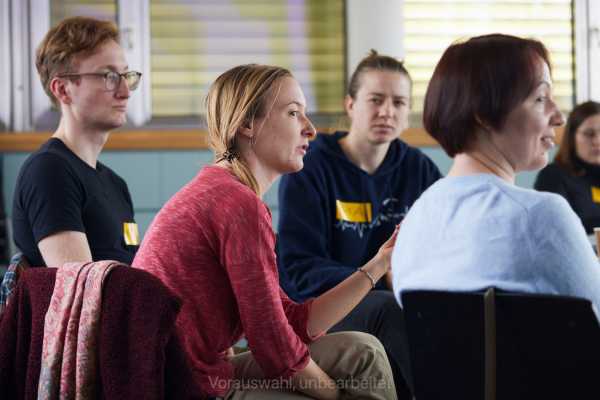Communication Academy
The Communication Academy is a continuing education programme for science communication aimed at reseachers at ETH Zurich and the four research institutes PSI, Empa, WSL and Eawag.
In today's communication landscape, researchers are increasingly engaging directly with society - be it via social media channels, events or dialogue platforms. How convincingly they do this also influences the perception of science and universities. This is why ETH Zurich has been offering its researchers the opportunity to train in science communication since 2021.
Through the Communication Academy, ETH’s Corporate Communications aims to raise awareness among scientists of the great opportunities as well as the inherent risks of science communication and enable them to communicate their research in a comprehensible and compelling way to a non-scientific audience. With it, ETH Zurich contributes to a constructive dialogue between science and society.
Special offer for:
- Doctoral students
- Postdocs
- Professors
- Senior researchers
“I feel more confident in communicating my research now.”Lorenz F., doctoral student
“Your instructions have helped me a great way! So yeah, I just wanted to say thank you for this great course.”Alina W., doctoral student
Basics of science communication
The “Basics of Science Communication” course offers participants a compact introduction to key themes of science communication. The course is offered in German and in English.
The course focuses on the following topics:
- Science communication: functions, roles and trends
- Conceptual basics: how do I communicate effectively?
- Science and media with a focus on the Swiss media system
- Social media: opportunities and risks, channels and trends
- Newer formats: videos, podcasts, interactive events
Hate Speech
The ETH Zurich welcomes and encourages researchers to share their work with a wider public and society on social media such as Instagram or LinkedIn. However, in addition to important knowledge transfer and constructive dialogue, scientists also experience hate speech online, albeit rarely.
This means that they are criticised, discriminated against and sometimes even threatened, not only in relation to their research, but also because of their person.
An online course for researchers from the ETH Domain, which ETH Diversity and the social media team at ETH Zurich are offering together with the Public Discourse Foundation, sheds light on the online phenomenon of hate speech from several angles:
- What exactly does hate speech mean? Who is particularly affected by it?
- Tips from practice and hate speech research on how to deal with it
- Tools on the platforms that users can use against hate speech
- Dealing with hate speech at ETH Zurich
Storytelling skills for science communication
You will learn the most important elements that make up good stories, analyze your science from the perspective of storytelling and apply the learned lessons on your research by hands-on work.
For one day, the course is dedicated to the following topics:
- Introduction & storytelling basics
- Transform your research into stories: Identify your story elements;
- Frame your story for different audiences
- Presentations and discussion
Science Communication for Social Media
Whether it’s Facebook, Twitter, LinkedIn or Instagram, social media enables researchers to share their work directly with a wider public.
The course is dedicated to the following topics in one day:
- What opportunities and risks does social media present for researchers?
- Basics: what should I keep in mind before I communicate?
- Target groups, channels, formats, messages, timing
- Best practices
Communicating science through multimedia storytelling
Would you like to share your research field and projects using multimedia? This course will encourage you to think in images, sounds and videos in the context of your research and it will teach you the fundamentals of multimedia storytelling.
- Introduction to multimedia storytelling; what is the potential of this form?
- Get to know practical examples
- Develop ideas on how stories from your own research could be presented in multimedia
- Presentation and discussion
- Familiarise yourself with different forms of multimedia storytelling
- Sharpen your awareness of which stories are suitable for multimedia implementation, and which are not
- Develop and present an idea sketch for a multimediastory about your own research
- Learn to generate more enthusiasm and understanding for
your research among the general public
Science for Policy Workshop: Science and Global Policymaking
How can I, as a researcher, contribute to global political processes, and who are the relevant stakeholders? What role can I play in collaborating with political decision-makers?
This full-day workshop provides insights into these questions through expert presentations and practical exercises, and builds competencies in the field of science and global policymaking.
- Introduction to the role of science in addressing global political challenges
- Exploration of various science-policy mechanisms, strategies, and competencies in multilateral contexts
- Personal reflections on current and future positioning within the science-policy spectrum
- Practical exercises to encourage strategic thinking among participants
Visualizing Science
The purpose of the workshop is to introduce the participants to the general principles of design. By the end of the workshop the participants should have a good grasp of the visual basics and be able to apply them practically in a wide variety of projects (presentations, posters and more).
The course is divided into two modules that take place on different days.
The emphasis of the course is to develop visual skills without the need for technical language and confusing terminology. The workshop is specifically tailored to address the scientists’ needs.
- Basic design elements: how we digest visual information
- Typography: creating typographical hierarchy / enhancing readability
- Introduction to colour theory / composition basics
- Presentation: creating the narrative / maximising information retention
- Discussing practical examples
- Students assignment
- Feedback round
Presenting science to non-expert audiences
Participants learn how to present their scientific topics to non-expert audiences in formats such as TED, FameLab, IdeasLab (WEF), or Falling Walls. The workshop is divided into two modules of 4 hours each, held on different days.
Module 1
- Presentation skills (stage movement, body language, gesticulation)
- Stress management
- Voice, diction, and breathing
- Structure of an engaging presentation
- Dos and Dont's when using PP slides
- Improvisation and answering unexpected questions
- Present science to non-expert audiences
Module 2
- Each participant presents one speech (with PPT/ plus improvised presentation)
- Individual feedback
Storytelling: Writing for the public
Whether it’s for an opinion piece in the newspaper, a public lecture or a text on your own website, writing comprehensibly for a non-scientific public is one of the most important skills in science communication. The course is offered in German and in English.
The course is divided into two modules of 180 minutes each, held on different days.
Module 1 covers the basics:
- Planning a text: target groups, objectives, messages
- Storytelling: how can I turn my topic into a story?
- Style and tone: how do I write in an understandable manner?
- In-course exercise: developing the structure of a news article
- Task for module 2: composing a text using the knowledge gained in the course
In module 2, participants practise what they have learned:
- Concluding discussion and feedback using some examples from the course
- Participants revise the text in the course
- Outreach: what do I do with my text?
How to produce your own science video
If you want to reach a younger, non-scientific audience, you can't get around videos these days. Participants learn how to create their own science video, from the idea to the final edit.
The workshop is divided into two days:
Module 1 covers the basics:
- Journalism and Storytelling: pitching, developing and researching to transform a research story into a journalistic story
- Screenwriting and Storyboarding
- Participants are given the opportunity to film their own videos during the two weeks between the first part and the second part
In module 2, participants practice what they have learned:
- Camera, lighting and audio (material will be provided by the trainer and the multimedia of the ETH)
- Film editing (using Premiere Pro Software)
Exploring AI for Science Communication
This workshop is designed to introduce attendees to the exciting world of AI and its potential for enhancing creativity in writing and science communication. The aim is to provide hands-on experience in using AI tools and techniques to boost writing productivity, generate new ideas, and test new forms of science communication. The workshop is suitable for anyone interested in using technology to enhance their creative processes and testing new tools. No prior experience is required, as the class also teaches the basics of science communication.
The workshop is divided into two modules, held on different days.
You learn the most important elements in using AI (Artificial Intelligence) tools and techniques to boost writing productivity, generate new ideas and test new forms of science communication.
- Catch up with the most recent AI tools
- Create and generate different kinds of content with AI
- Expand your creativity and explore new possibilities of science communication
- Learn the basics of science communication
Three days workshop
The workshop lasts one full day and two half days.
Creative Science Communication
In this course you will learn how to develop a socially relevant story about your research, outline your ideas and develop and present a prototype.
- Introduction to creative science communication
(Cultural context and social relevance, instruments and methods) - The role of art and design in science communication
- Exchange on public relations practice; science fairs and youth workshops
- How to address your audience - developing a socially relevant
relevant story about your research (e.g. for Scientifica 2026) - Working out visual and aesthetic metaphors from your research
- Prototyping / sketching the idea
- Development of the prototype, feedback from the peer group
- Presentation of the prototype and feedback in the plenum
- Refinement of the prototype and development of further ideas
- Introduction to impact evaluation
Media training for professors
How can I present my research convincingly and effectively to the media in front of the camera? As an expert, how can I explain complex issues well and clearly, and how do I deal with the media in tricky situations?
Participants gain the tools they need to deal with members of the media. The focus is on TV appearances.
In this 240-minute course, you will learn a lot about the media and how to deal professionally with media professionals. You will receive valuable tips on how to appear confidently in front of a camera and microphone, and you will also practise this on site. (Please note that this course is only available in German.)
Our course focuses on the following topics:
- Appearing in front of the camera: What is important?
- Understanding better means working better together: What makes the media tick?
- What are my rights? And what are the no-gos?
- How do I prepare myself optimally?
- Formulating statements that go down well
- Plus: exercise sequences, checklists and sharing experiences
Get fit for your next media appearance and develop a passion for media work!
Media training for professors with an international background
How does the media landscape work both in Switzerland and internationally? How do I interact optimally with the media and present my research convincingly in interviews?
Participants gain the tools and confidence they need to deal with members of the media through practical exercises.
In 180 minutes, the course covers the following topics:
- The role and functioning of the media for ETH Zurich and in society
- How to deal with media requests and how the Media Relations team can support?
- Know what to expect from and the difference between Swiss and international media
- How to prepare for an interview
- Formulating statements with impact
Science for Policy Talk: Science-Based Policy Advice for Climate Action
How does science-based policy advice work and what are the opportunities and challenges?
Through experience reports from ETH researchers and policy actors, this Brown Bag session offers a discussion platform on the role of science in policy and provides insights into the world of science-based policy advice.
At the upcoming event, Prof. Anthony Patt, Full Professor of Climate Policy at D-USYS, and Cyril Heim, Head of Science at the Association Climate Protection Switzerland (“Klimaschutz Schweiz”), will provide insights into their collaboration in the field of climate action.
- Gain insights into the world of science-based policy advice
- Learn from concrete experience reports how ETH researchers can contribute to science-based policy advice
Registration
The registration period for the courses in the autumn semester 2025 is from 1 - 22 September 2025. Pre-registration is not possible.
Would you like to be informed about the start of registration? Then subscribe to the newsletter ‘Intern aktuell’ to always receive the most important internal information and news from ETH Zurich.
Contact
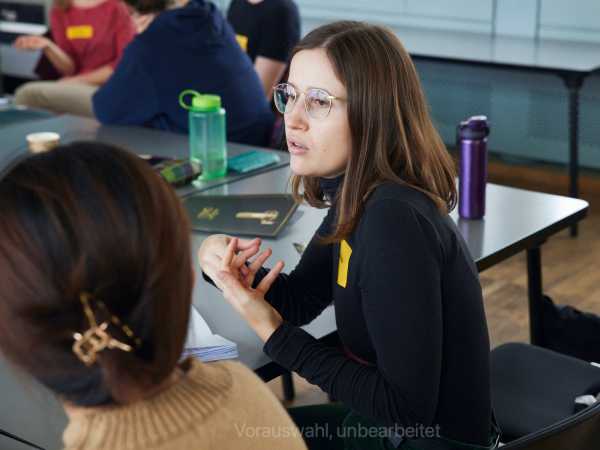 ETH / Kilian Kessler
ETH / Kilian Kessler
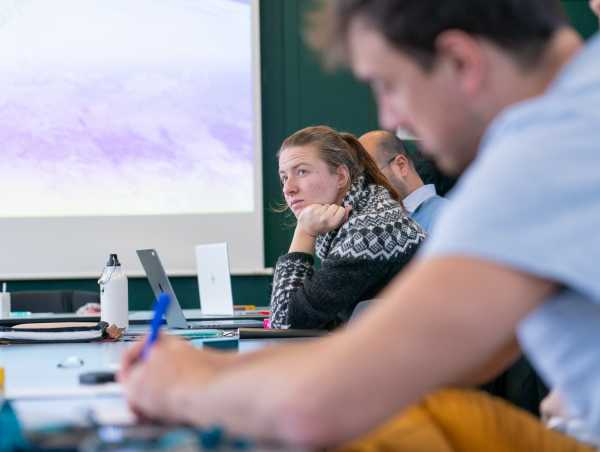 ETH / Kilian J. Kessler
ETH / Kilian J. Kessler
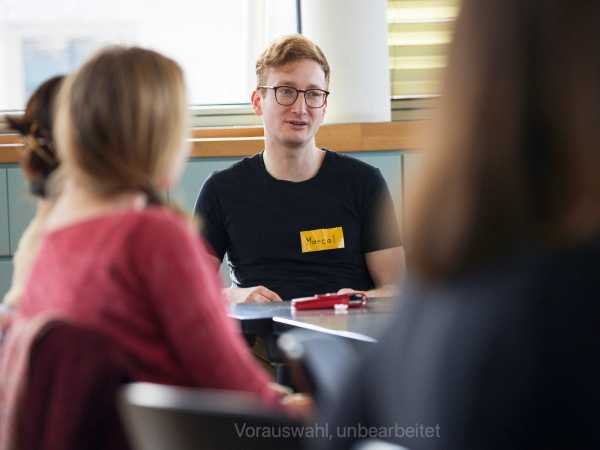 ETH / Nicole Davidson
ETH / Nicole Davidson
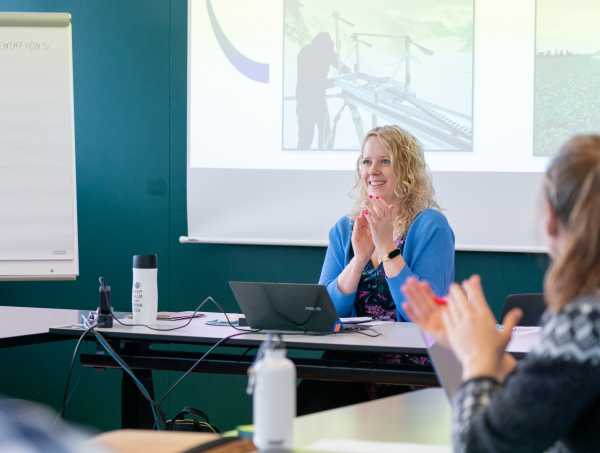 ETH / Kilian J. Kessler
ETH / Kilian J. Kessler
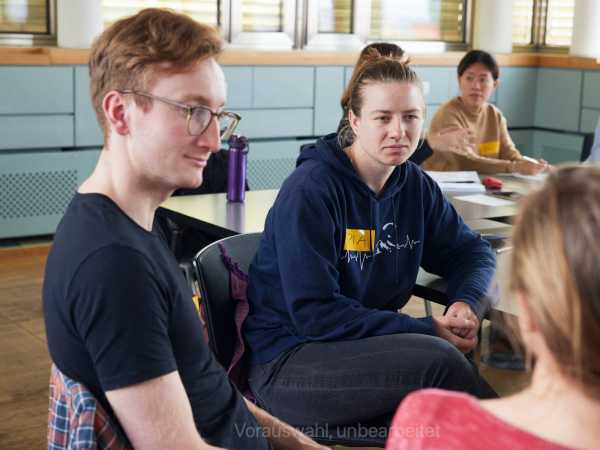 ETH / Kilian Kessler
ETH / Kilian Kessler
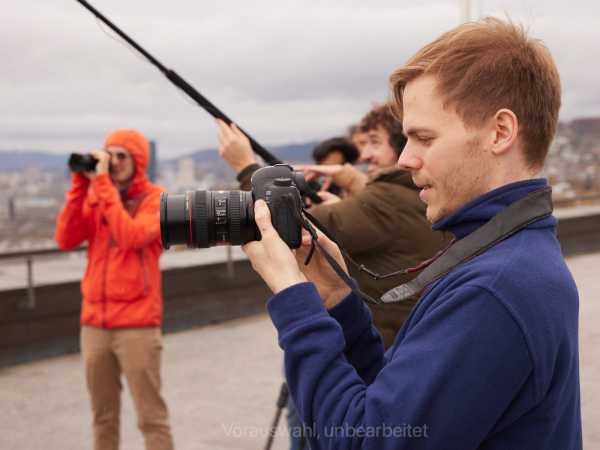 ETH / Kilian Kessler
ETH / Kilian Kessler
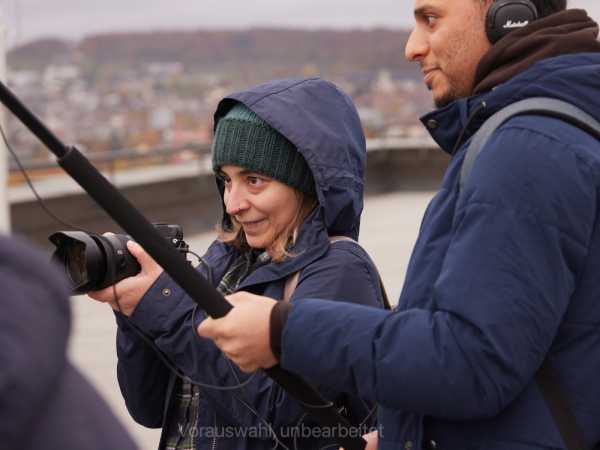 Bild: ETH Zürich / Kilian Kessler
Bild: ETH Zürich / Kilian Kessler
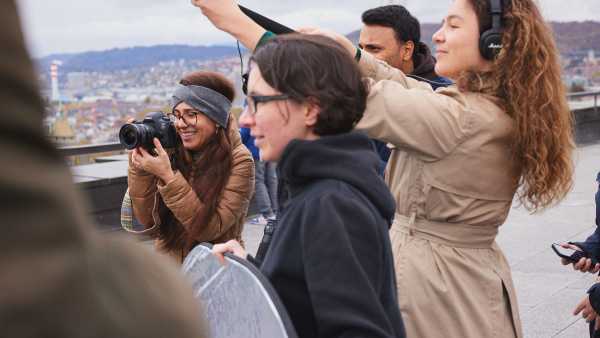 ETH / Kilian J. Kessler
ETH / Kilian J. Kessler
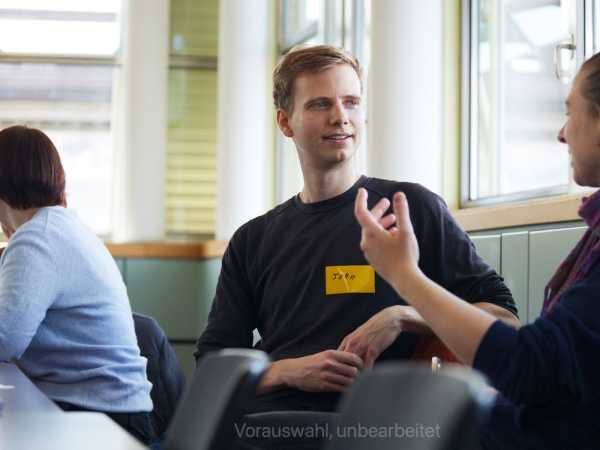 ETH / Kilian Kessler
ETH / Kilian Kessler
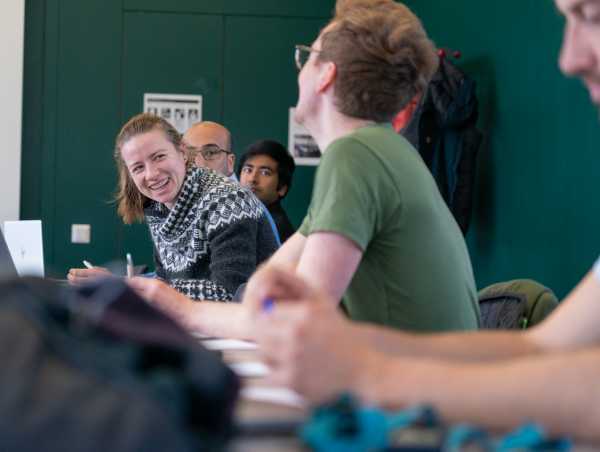 ETH / Kilian J. Kessler
ETH / Kilian J. Kessler
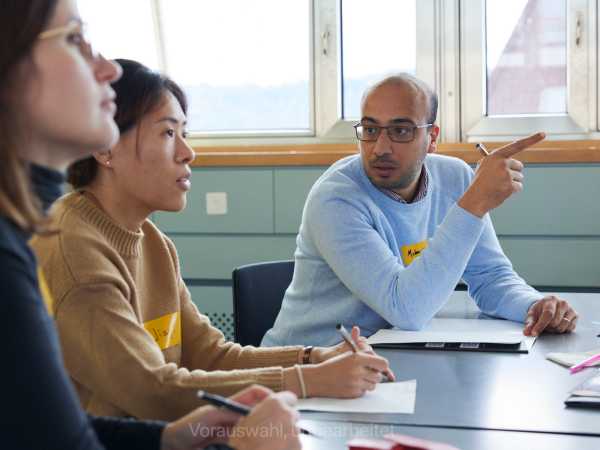 ETH / Nicole Davidson
ETH / Nicole Davidson
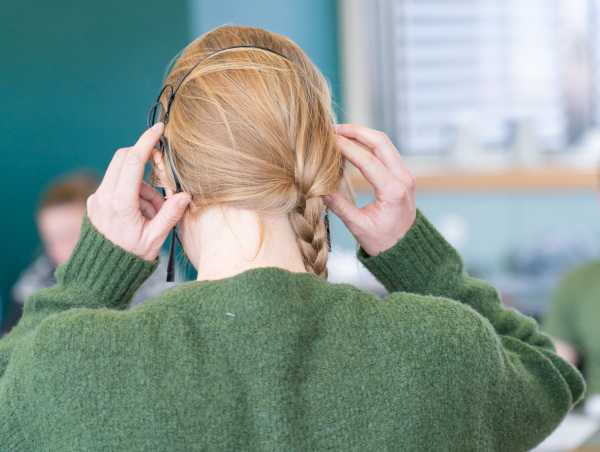 ETH / Nicole Davidson
ETH / Nicole Davidson
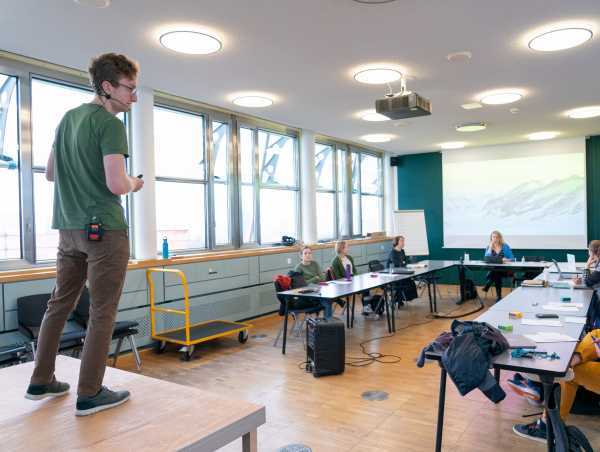 ETH / Kilian J. Kessler
ETH / Kilian J. Kessler
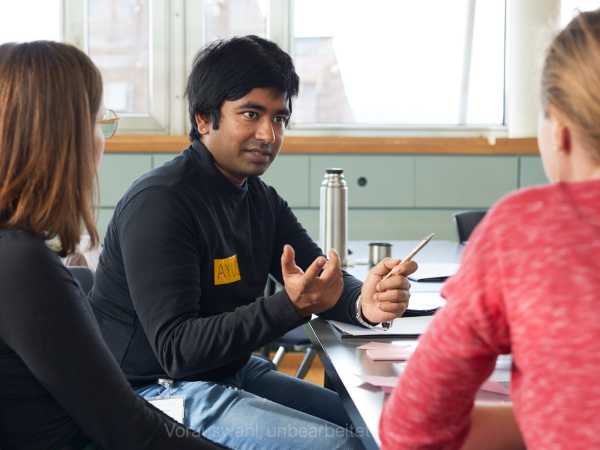 ETH / Kilian J. Kessler
ETH / Kilian J. Kessler
